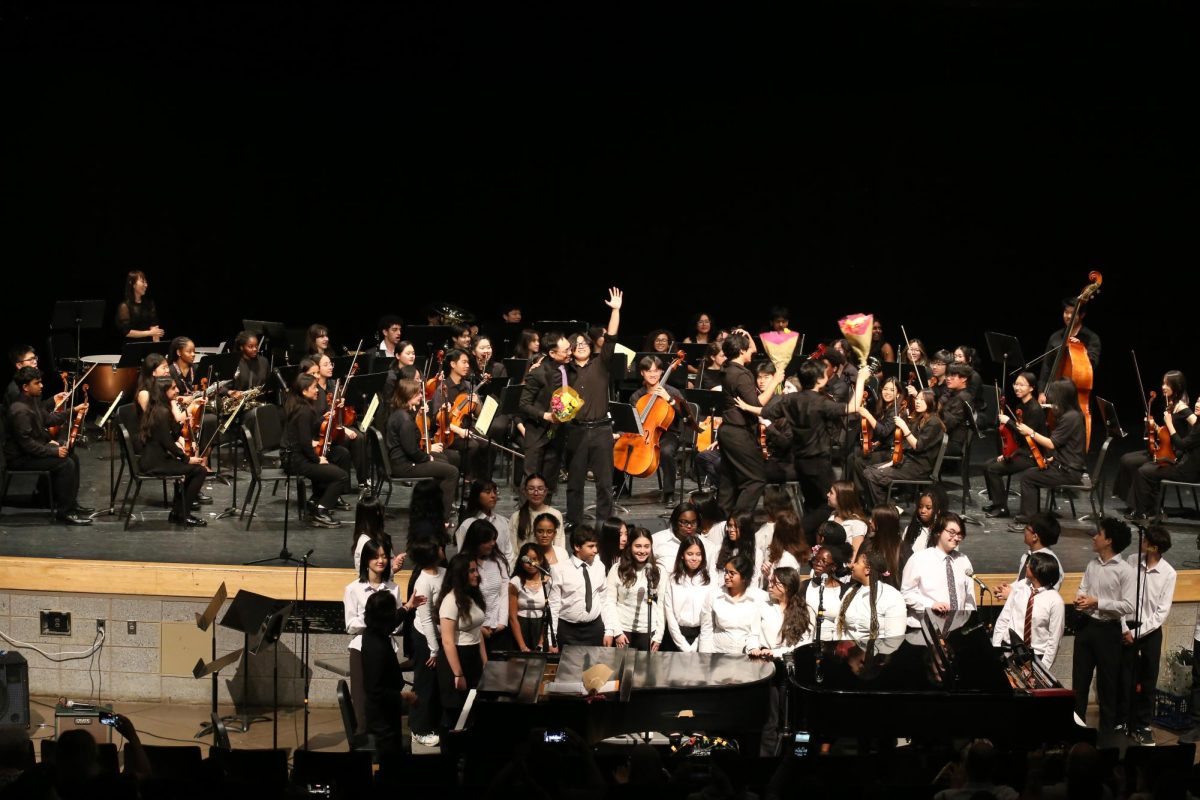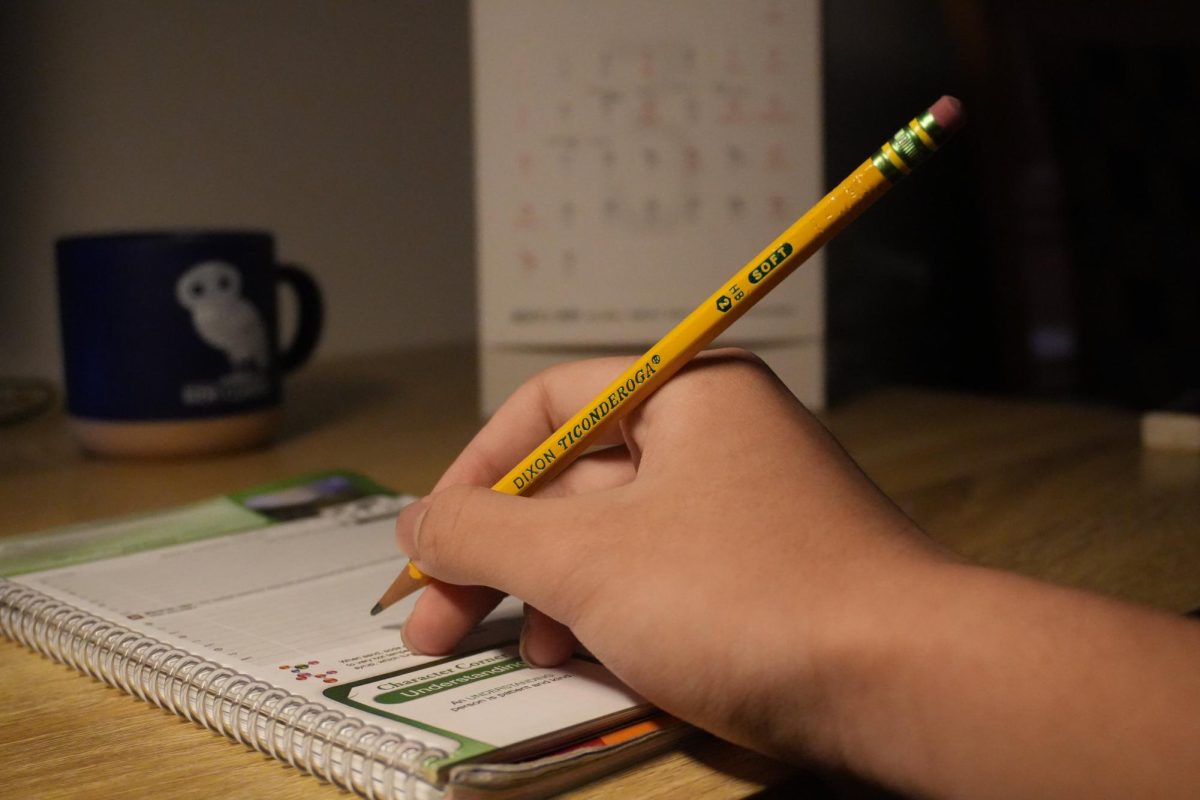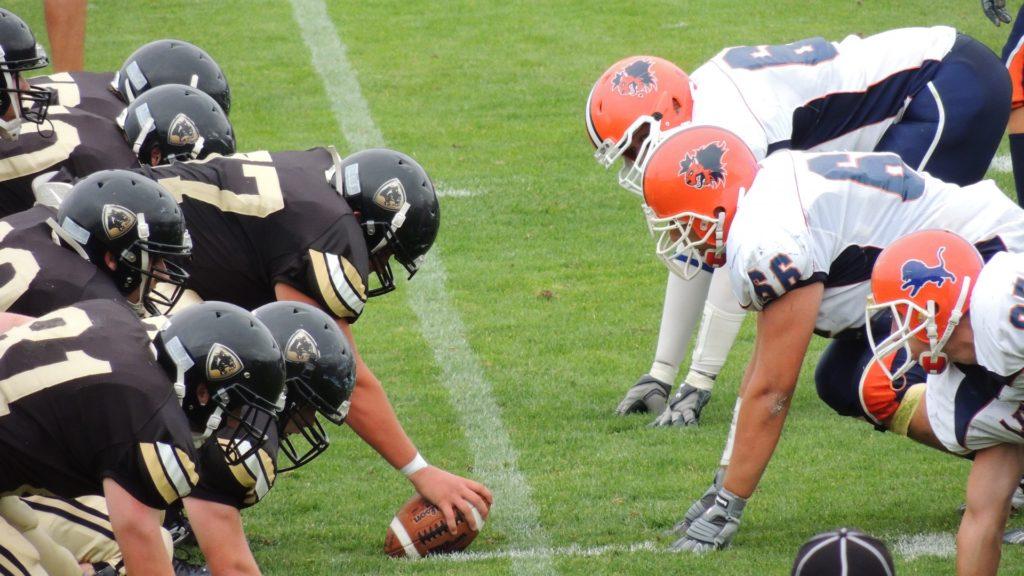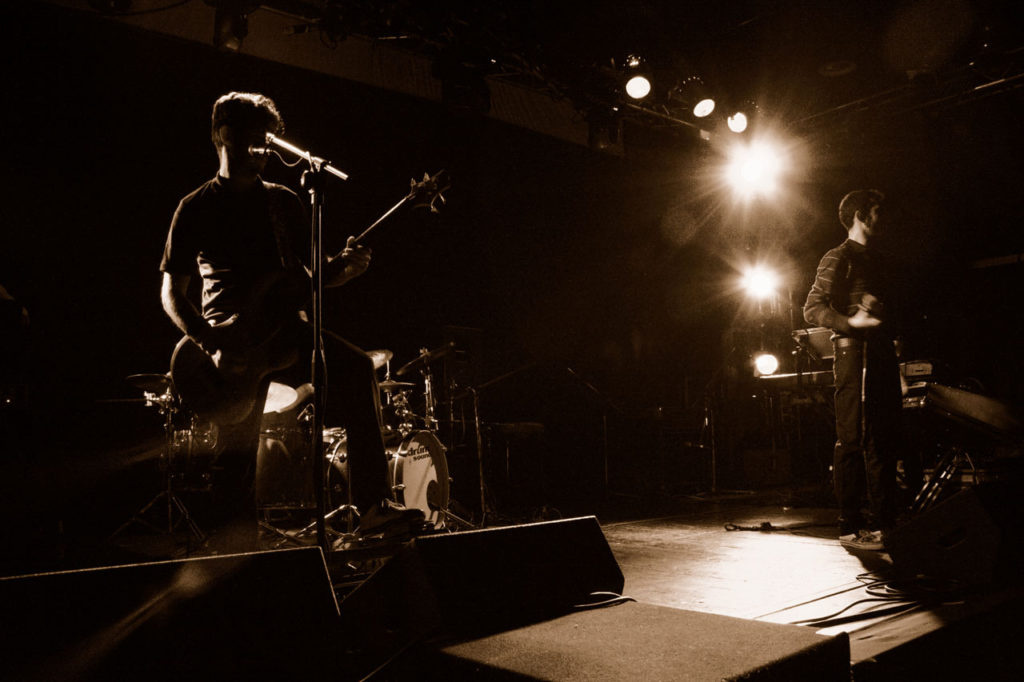
Written
I am no stranger to expectant stares. In every single history class I have ever attended, eyes would shift towards me, waiting to see my reaction whenever the topic of slavery would come up. Being one of the few black people in the room, as I so often am, my classmates would anticipate my response—would I stomp my foot and object to the utterance of such terrible facts? Or would I slide down in my chair and cover my head with my hands? I am sure it is an entertaining waiting game for my peers, but it would never fail to put me in an awkward position. They wait for me to yell foul things so they could tell me to get over it, or for me to cry so they could assure me that it would never happen again while scoffing at my oversensitivity. The same situation unfolds whenever the N-word is used.
As diverse an environment that THHS prides itself on being, the insensitivity students feel towards the N-word is astonishing and ubiquitous. It flies freely from the mouths of most, both white, black, and other people of color, and when I am in the room, I am suddenly propelled into the forefront of the conversation and expected to react. If I join in on the fun, throwing the word around a few times, it is not a problem, but if I dare to call out the misdeeds of my peers to their attention, it becomes a tense conversation with undeniable racial undertones. To the offending group, calling me a “nigga” is all fun and games. No one really means it and thus, why should I be offended? But to me, and every other black person who gets called a “nigga” by a friend with good intentions (or an enemy without) and is not okay with it, the word will never not be offensive.
There is a common argument that the word has transformed in meaning and no longer carries the same gravity it once did. According to that logic, “nigga” is in no way, shape, or form reminiscent of “nigger” and should therefore be a part of everyday language. This is an incorrect assumption for one very important reason: the word “nigga” will always stir up racial associations.
Forget the history of the word and that it originated as a way to demean a group of people who were treated as and believed to be lazy, stupid, dirty and every other negative word you can think of. Forget that a mere 50 years ago, blacks fought for basic rights and were abused and degraded and referred to as “niggers.” Forget that it belongs in the same category as “Buckwheat,” “Bluegum,” “Jigaboo,” and “Niglet.” Forget that there is no good reason to use the word when there is an entire arsenal of words to be used in a colloquial context. Simply put, using the word makes you inconsiderate to the highest degree.
When you use the word, those around you are forced to take a position on its use. In my own case, I am constantly forced to defend myself against ignorant people who insist on calling me the N-word or using it to refer to those around me. With “nigga” being portrayed as a word the black community accepts wholeheartedly, going against it makes me seem like the one black person who does not accept her own culture or lacks the confidence to deal with a right given to others by the First Amendment. Clearly, this is not the case. For me, it is more about people assuming that I do not have the right to react with anything other than acceptance, and that if I do not, I am behind the times.
Forcing me to take a position to either defend myself or let it slide represents a casual exercise of the same power that people using the word to its full extent have wielded for centuries. Originally, the word was used to establish a hierarchy; the white man used it to distinguish himself from blacks who were, at that time—and even today—considered inferior. When you call me “nigga,” you hurl all of those old assumptions at me too.
A friend of mine once told me that one of our classmates had “nigga lips.” The first thing that came to my mind was the familiar, dated caricature of blacks having goofy, oversized lips that seemed too big for their faces. I was rightly disturbed. I asked him what he meant by that and if he thought I also had those so called “nigga lips.” Cue the bumbling response, which brings me straight to my point: there is no legitimate reason to use the word besides as a derogatory term. If you mean “bro,” say “bro.” If you mean “big,” as in the case of my friend, say “big.” If you mean “awful,” use the word “awful,” but do not equate any of those things with the word “nigga.”
When I get the stares, I often let them go without a response and I know this is my own shameful contribution to the perpetuity of the word. There is something to be said for every single time I have been forced to distinguish a greeting from an insult or excuse myself from a conversation or clarify what hurts me. I refuse to allow myself, or others to be disrespected, whether it be indirect or direct, or to tolerate the intolerance of others. No, this does not slip me into the stereotype of the “angry black woman;” it makes me a self-respecting individual who believes that eradicating the N-word is the first step in getting the world to acknowledge, and finally revere, the blessing that is blackness.




























